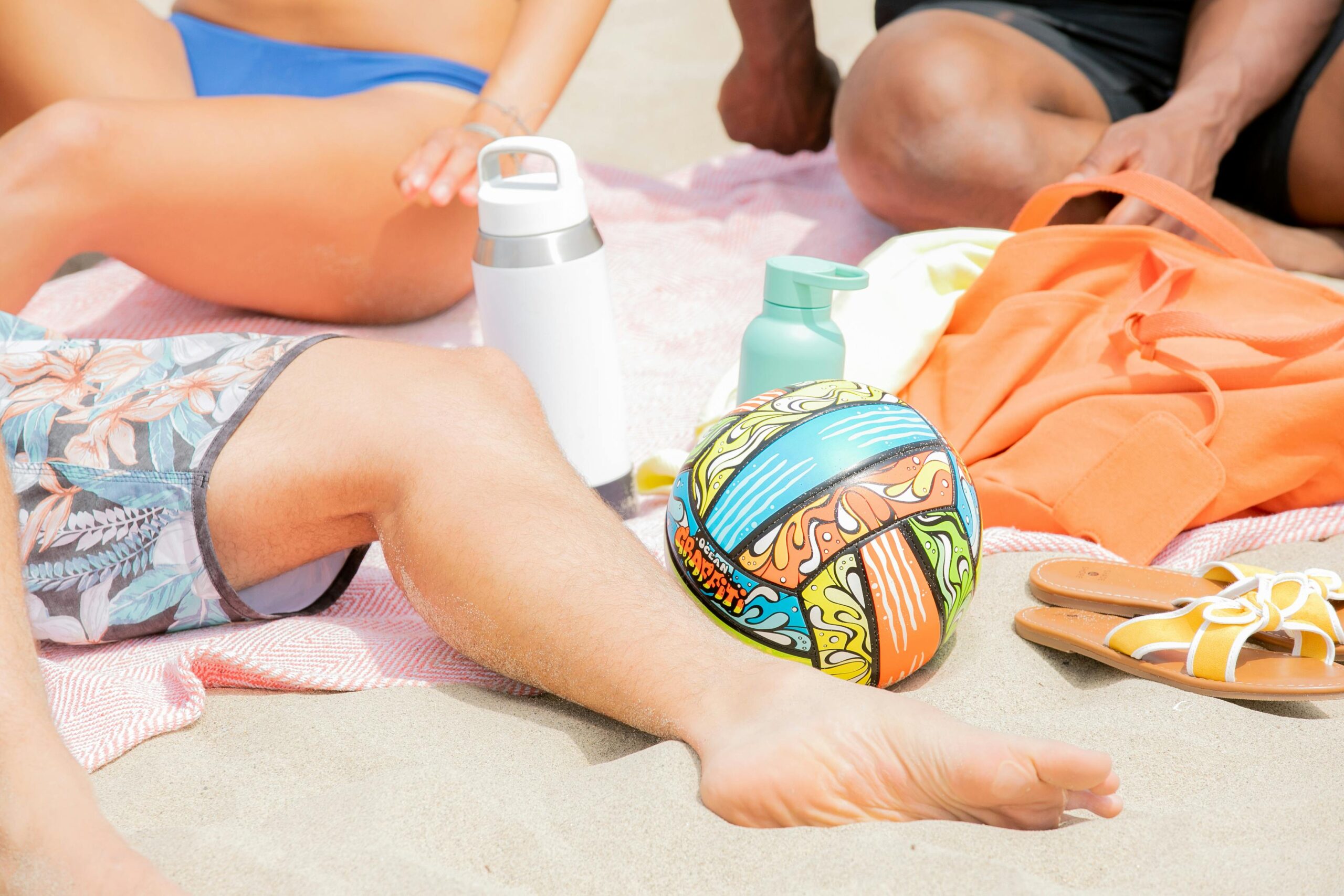Serving The Wasatch Front Area

Causes and Prevention of Overheating Air Conditioner Compressors
July 26, 2019
Every air conditioner (AC) has a safe temperature range within which it should operate. Of all the problems that can plague your AC, compressor overheating can be one of the more dangerous ones. Learn about the dangers of overheating and what can make your AC overheat.
Dangers of Overheating
Here are some of the problems you face if your AC overheats.
Loss of Cooling
The compressor is the part of the AC that pressurizes and heats the refrigerant gas. The refrigerant absorbs heat from the house as part of the cooling process.
Therefore, if your AC overheats and the compressor is damaged, the AC won’t cool your house efficiently. If the loss of cooling occurs during the hot summer months, you will require emergency AC repair.
Compressor Replacement
Your AC won’t suffer catastrophic damage if it overheats just a little bit. However, the compressor may fail if the AC overheats for a long time or hits dangerous temperatures.
The compressor is a major component of an AC, which means compressor replacement isn’t cheap. Expect to spend over a thousand dollars
to replace the compressor.
Causes of Overheating
Now that you know why your AC shouldn’t overheat, learn why the AC may overheat and how you can prevent the problem. Below are some of the typical reasons ACs overheat.
Dirty Filters
Proper air circulation is necessary not only to cool your air but also to cool the AC unit. The air filter traps contaminants to clean the air that enters the AC system. If the air filter is clogged, air circulation suffers, the AC struggles to cool the house, and the AC may overheat. The solution is to clean or replace the air filters regularly.
Blocked Vents and Registers
Apart from air filters, vents and registers also contribute to proper air circulation. If you block the registers, say with furniture, air won’t circulate properly in your house. With improper air circulation, the AC will run longer circles in a bid to maintain the set temperature. Such an overworked AC is likely to overheat.
Dirty Condenser Coil
The condenser coil is where the actual heat transfer takes place. Once the refrigerant is pressurized and heated, it flows to the condenser coil (that sits outside the house) where the refrigerant gives up its heat to the outside air.
Unfortunately, accumulation of dirt and debris over the condenser insulates the refrigerant from the outside air. If the refrigerant is insulated, it can’t give up its heat, so the AC unit overheats.
Clean the condenser coil regularly to make the AC operate at safe temperatures. Take care when you clean the coil; if you clean the coil with too much force, you will damage it.
Loose or Corroded Electrical Connections
Although a bit rare, your AC can also overheat due to electrical malfunctions. For example, corroded or loose electrical connections can cause low voltage/high current electricity to flow through the AC, and such a power anomaly can cause overheating. Another example is if electrical damage, due to something like aging wiring, creates a short that causes the AC to overheat.
Make sure the electrical connections in your house are always safe and secure. Have a professional technician replace the damaged, broken, or aging electrical materials.
Your AC is less likely to overheat if you give it a good maintenance program. Comfort Solutions can help you come up with such a program so you don’t have to worry about compressor damage and related problems. We can also help you fix your AC if high temperatures have already damaged the compressor. Contact us today for all the air conditioner services you need & for emergency services in dire situations.
Recent News
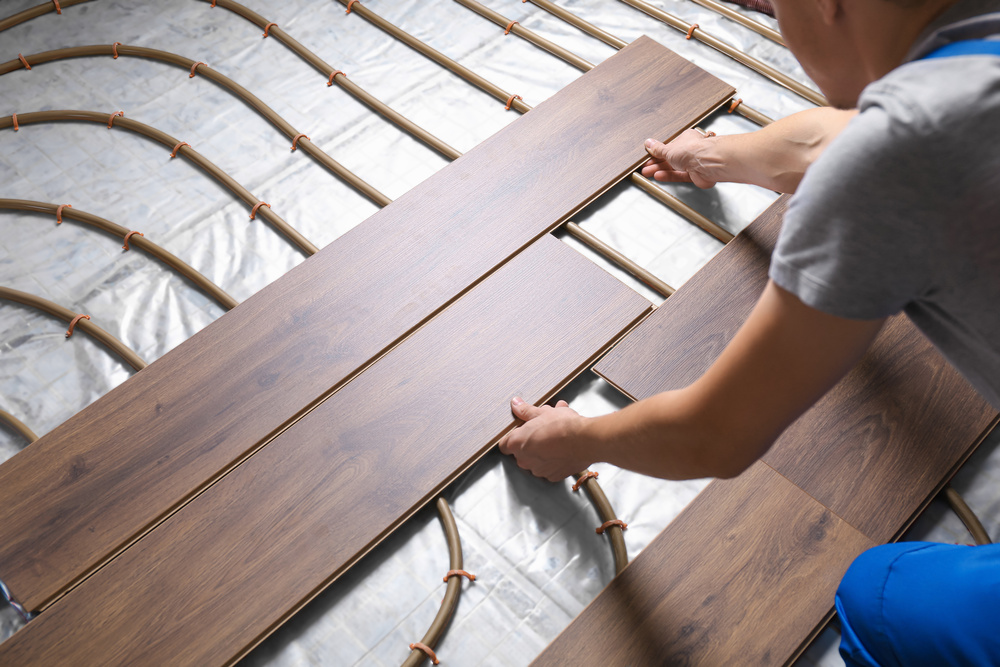
What Are the Pros and Cons of Radiant Floor Heating in Utah Homes?
September 11, 2025
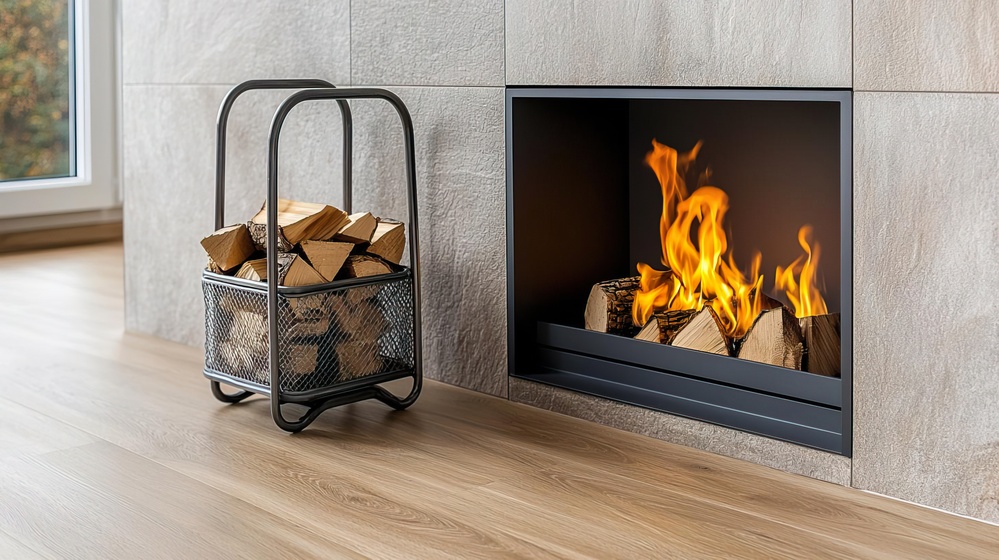
How a Fireplace Insert Can Boost Home Heating Efficiency
September 10, 2025

Utah’s Indoor Air Quality Issues (and How to Deal With Them)
August 21, 2025
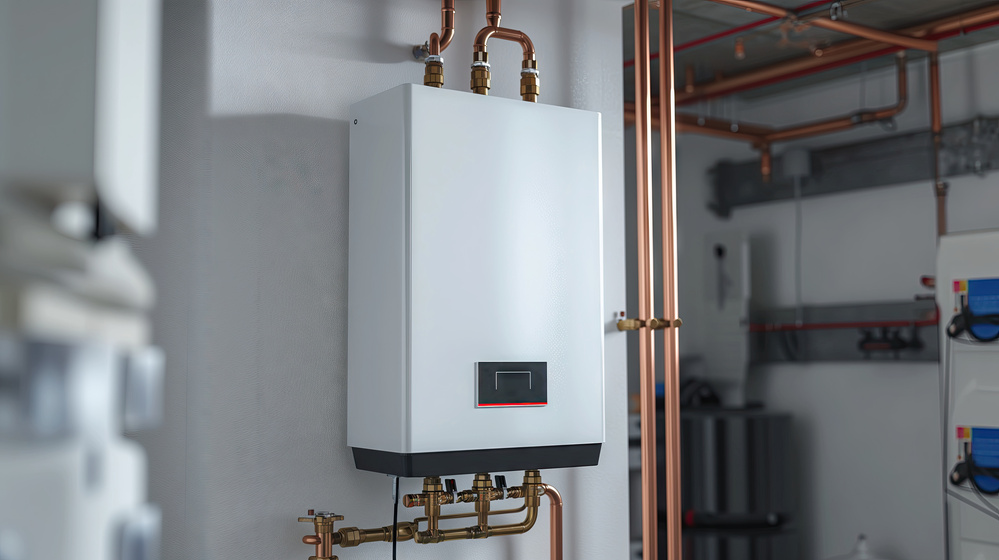
What Is a Tankless Water Heater and Should I Consider Getting One
June 25, 2025
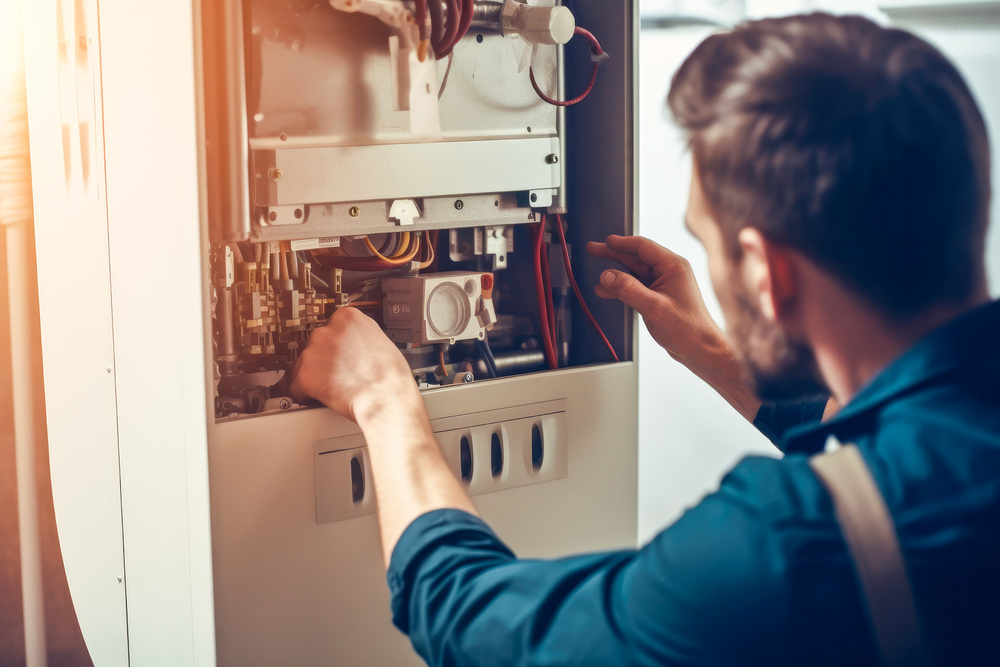
Is Summer a Good Time to Have Furnace Maintenance Done?
June 24, 2025
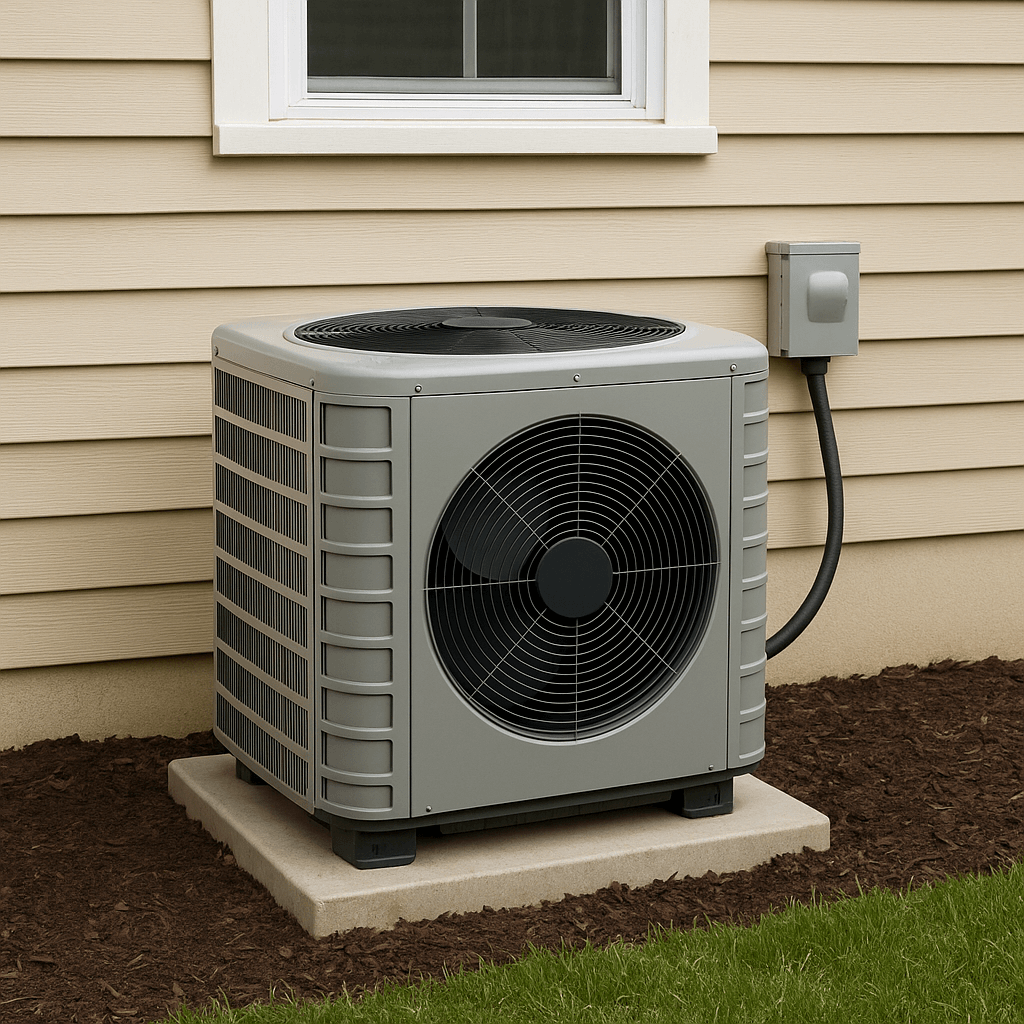
Common Air Conditioner Mistakes That Can Cause You Problems
May 29, 2025
